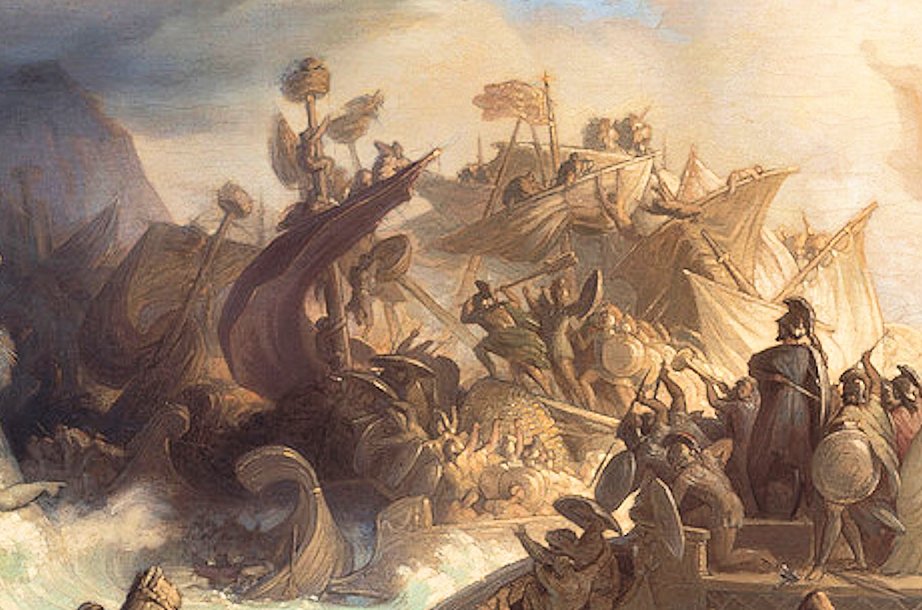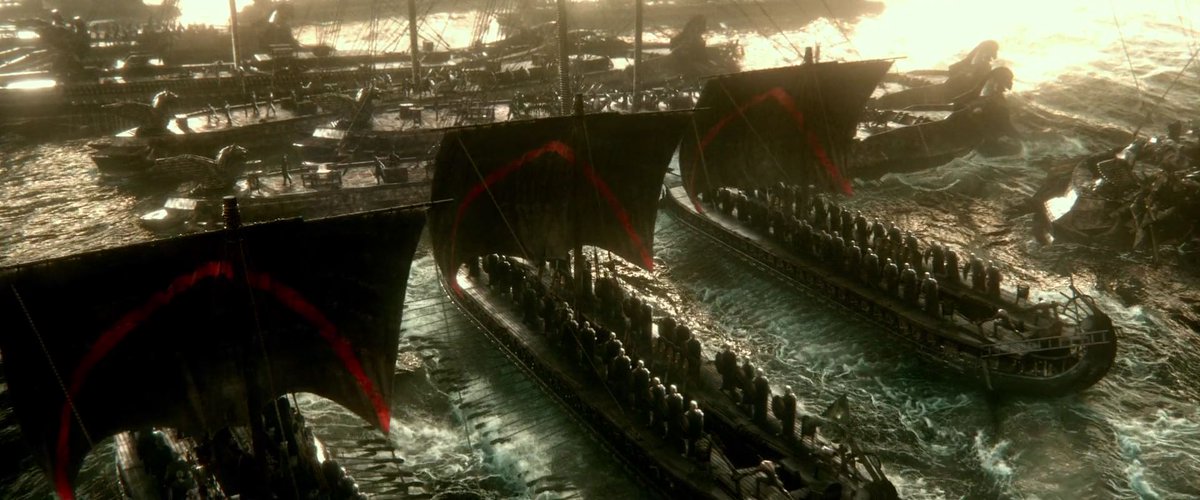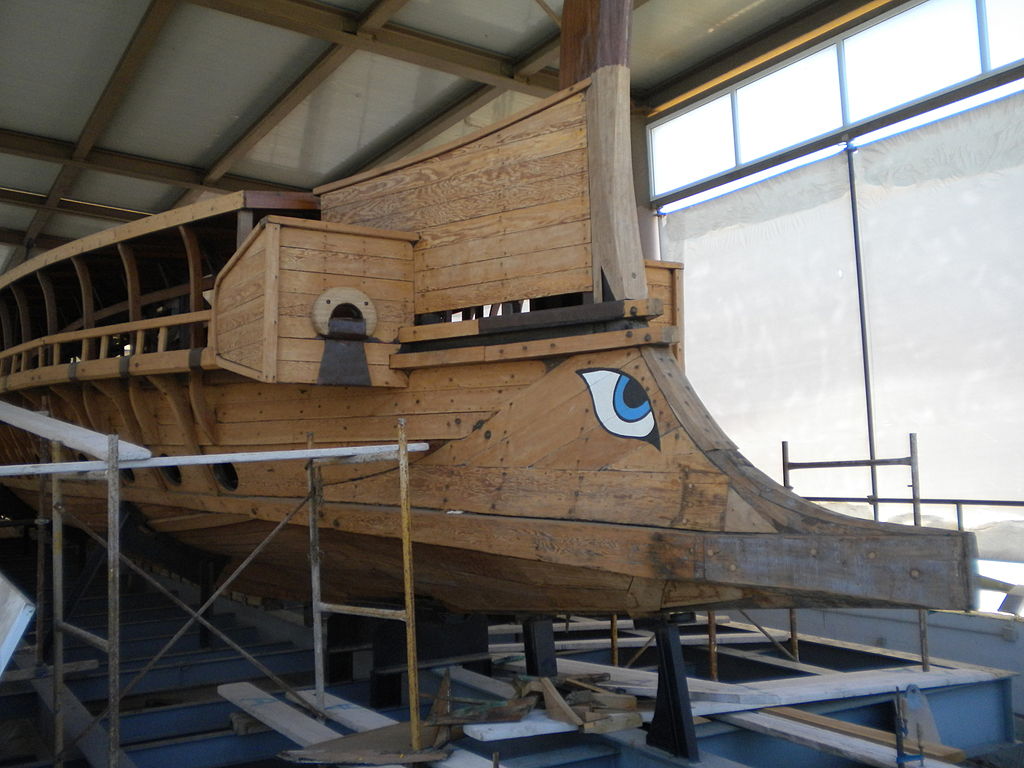I was approached by the team behind @AncientWorldMag to turn my #badancient into a website project. So here it is! badancient.com
This is about examining modern public claims about the ancient world, and trying to untangle the history from them.
This is about examining modern public claims about the ancient world, and trying to untangle the history from them.
Bad Ancient began as a teaching exercise to encourage students to see the use of the ancient world in everyday arenas: politics, advertising, TV, video games. By picking out incorrect uses, or bad examples, we began to discuss their purpose:
Why do they use bad ancient history? What purpose does it serve? What intrinsic value do these mistakes hold in the modern world? I found posts began to attract queries for further information - how is it wrong? Why would they say it if it is wrong? What does the evidence say,etc
So now the concept grows beyond compiling a fun list, as contributors try to offer explanations, or at least explore what the evidence says in short snappy answers. If you have any examples you want looking at, send them in or post them on #badancient
• • •
Missing some Tweet in this thread? You can try to
force a refresh











